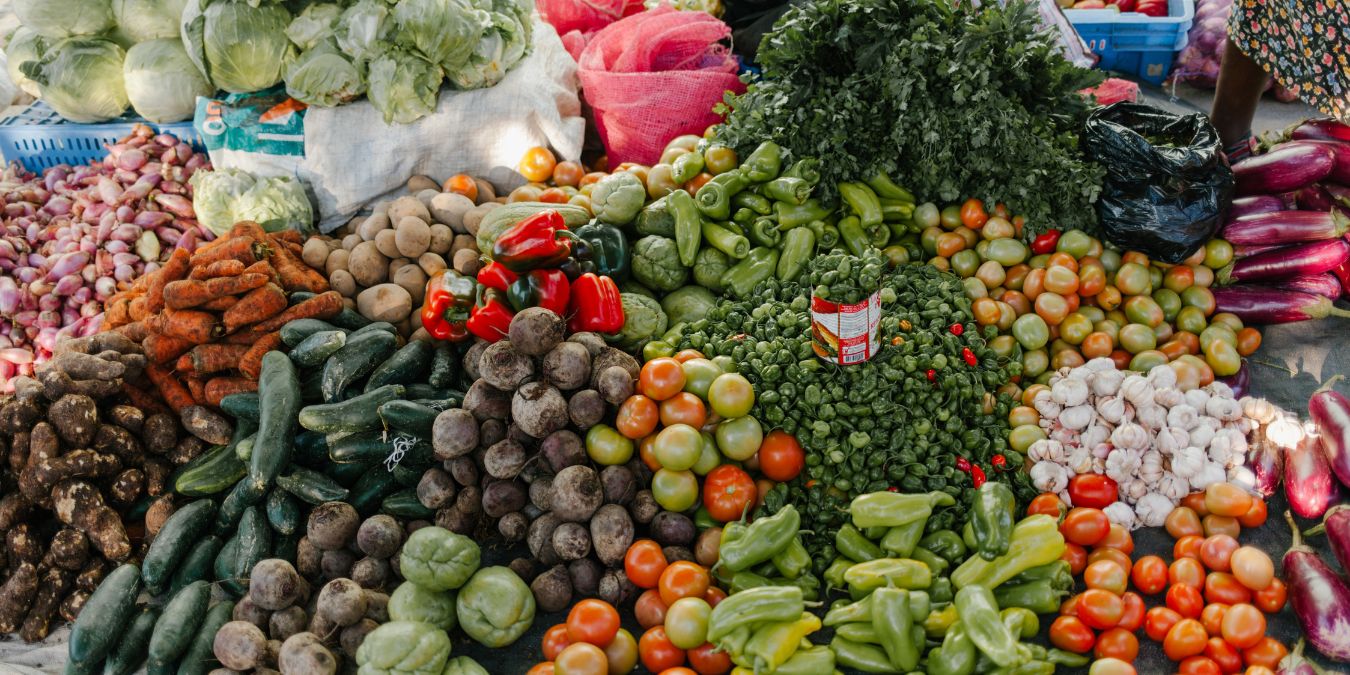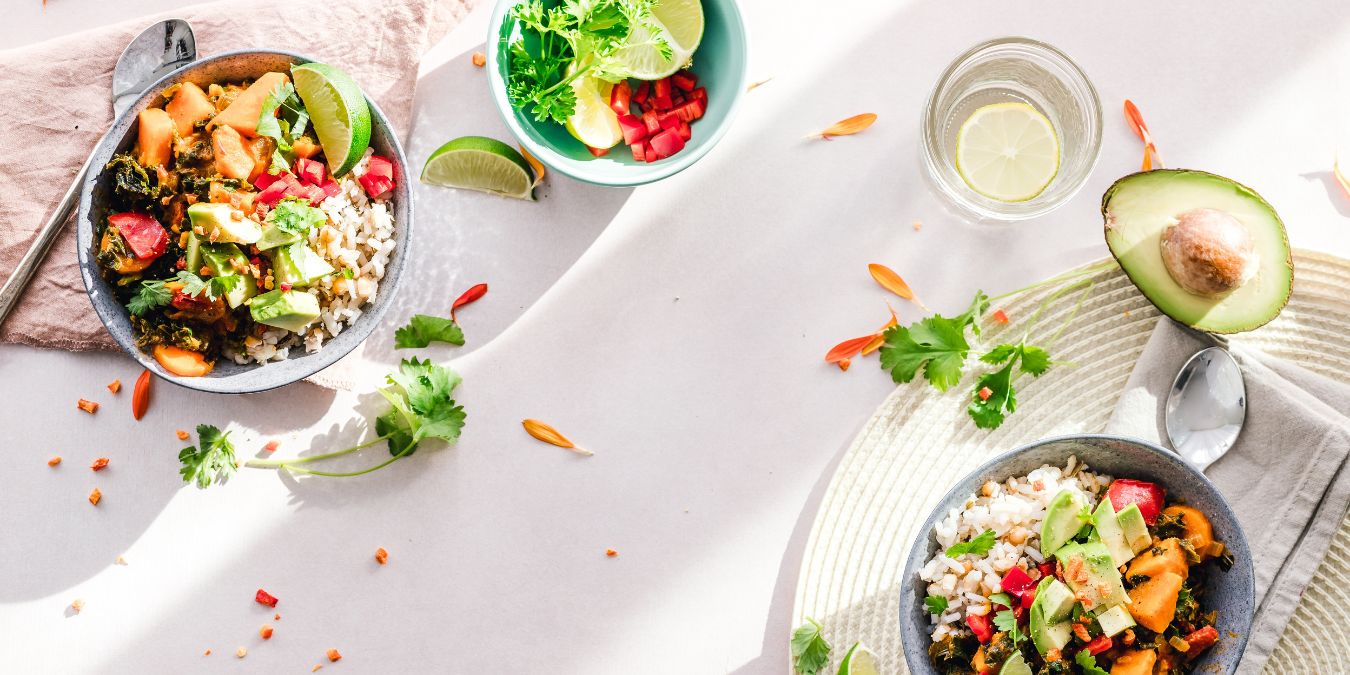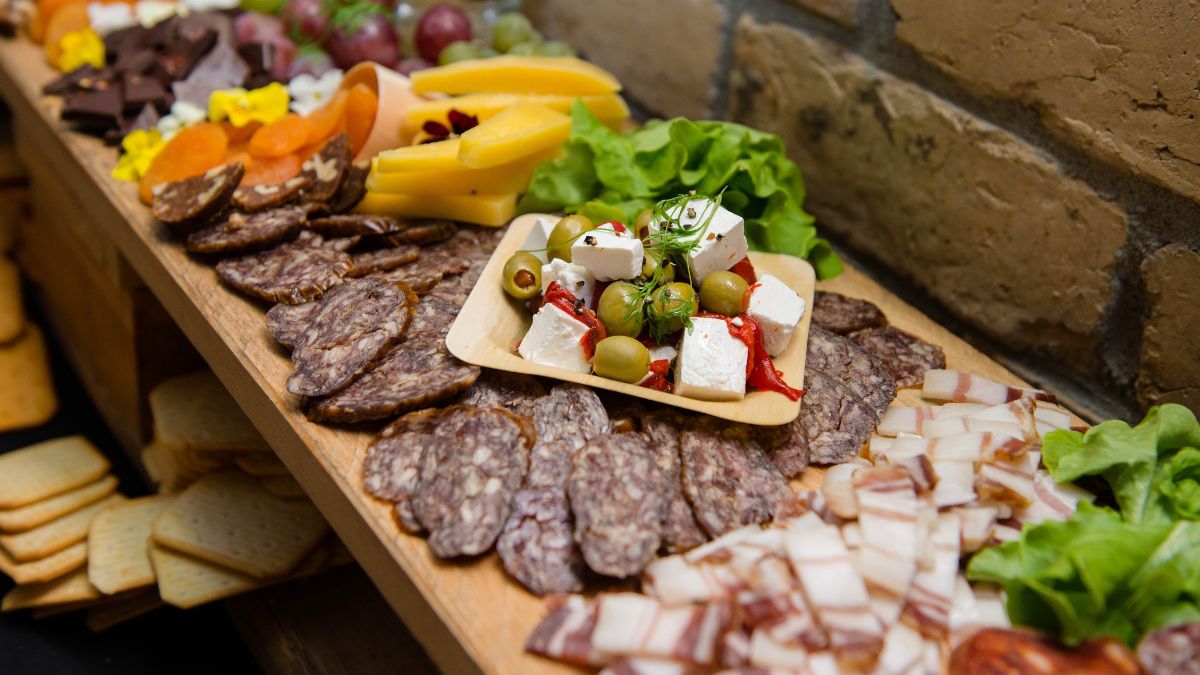Are you a vegetarian bodybuilder looking for high protein low carb foods to help you bulk up? If so, you’ve come to the right place. In this blog post, we’ll share with you some of the best high protein low carb vegetarian foods bodybuilding that will help you pack on muscle mass.
There are a lot of people out there who think that bodybuilding is all about meat. But the truth is, you can build muscle on a vegetarian diet – as long as you make sure to include high protein, low carb foods in your meals. Here are some of the best options for vegetarians who want to bulk up:
1. Beans and legumes: These are excellent sources of plant-based protein, and they’re also low in carbs. Black beans, lentils, chickpeas, and other beans are all great choices.
2. Quinoa: This grain is very popular among vegetarians and vegans because it’s packed with protein (8 grams per cup) and it’s also a complete protein, meaning it contains all the essential amino acids our bodies need to build muscle.
3. Nuts and seeds: Nuts like almonds and cashews are good sources of healthy fats and protein, while pumpkin seeds and sunflower seeds are also rich in nutrients like zinc, which is important for immunity and wound healing – both crucial for bodybuilders!
4. Tempeh: This fermented soy product has more protein than tofu (16 grams per half cup), making it a great option for those looking for a hearty source of vegetarian protein.
5. Protein powder: If you find yourself struggling to meet your daily protein needs on a vegetarian diet, consider supplementing with a quality plant-based protein powder.
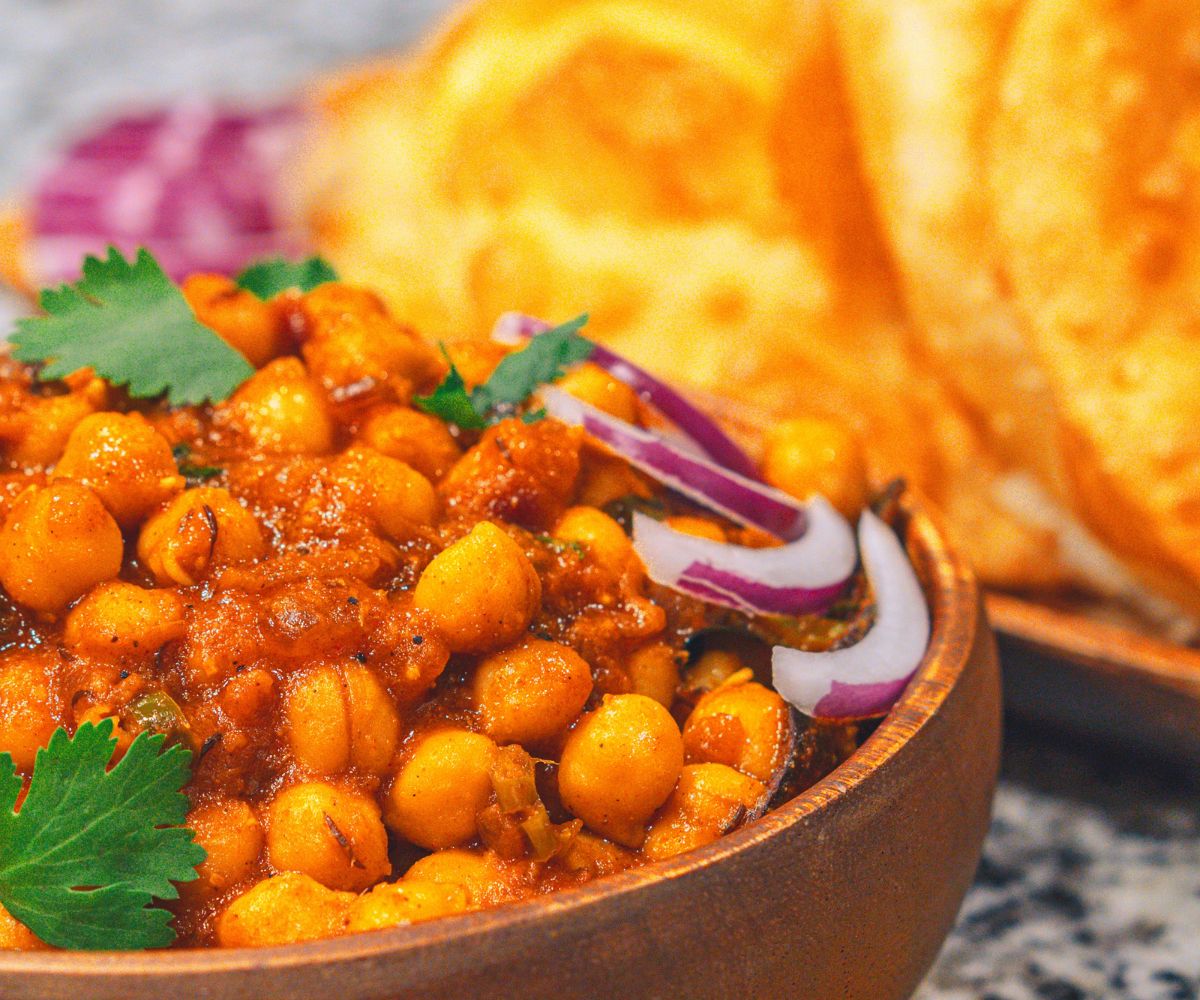 How Can a Vegetarian Eat More Protein And Less Carbs?
How Can a Vegetarian Eat More Protein And Less Carbs?
A vegetarian diet can be a healthy way to eat, but it’s important to make sure that you’re getting enough protein and not too many carbs. Here are some tips for how to do this:
1. Choose high-protein plant-based foods. Some good options include tofu, lentils, beans, quinoa, and nuts.
2. Make sure you’re getting enough calories. If you’re eating too few calories, your body will start breaking down muscle for energy, which can lead to a loss of protein.
3. Spread your protein intake throughout the day. It’s best to eat small amounts of protein at each meal rather than one large serving all at once.
4. Include a source of vitamin B12 in your diet if you’re not eating eggs or dairy products.
What Do Vegetarian Body Builders Eat for Protein?
There are a lot of misconceptions out there about vegetarianism and bodybuilding. The biggest one is that you can’t get enough protein without eating meat. But that’s simply not true.
There are plenty of high-protein foods that are suitable for vegetarians and vegans. Here are some of the best options:
1. Beans and legumes: These include lentils, black beans, kidney beans, chickpeas, and more. They’re all packed with protein, fiber, and other nutrients.
2. Quinoa: This grain is actually a seed, but it’s often used like a grain in recipes. It’s very high in protein and also contains all nine essential amino acids that your body needs to build muscle tissue.
3. Nuts and seeds: Almonds, walnuts, flaxseeds, pumpkin seeds, sunflower seeds… the list goes on. These little powerhouses are loaded with protein as well as healthy fats and other nutrients like zinc and magnesium (which are important for athletes).
4. Soy products: Tofu, tempeh, edamame… soybeans are another great source of plant-based protein. They also contain phytonutrients that have been shown to have health benefits like reducing the risk of certain cancers.
5. Seitan: This is a popular meat alternative made from wheat gluten (a type of protein). It has a chewy texture and takes on the flavor of whatever sauce or seasoning you add to it.
6. Spirulina: This blue-green alga is actually 65% protein by weight! It’s also rich in vitamins, minerals, and antioxidants.
7. Nutritional yeast: This yellow powder adds a cheesy flavor to food s (it’s often used as a vegan cheese substitute). It s fortified with B -vitamin s, which makes it especially beneficial for athletes.
8. Hemp hearts: These shelled hemp seeds have a slightly nutty taste. They’re an excellent source of omega – 3 fatty acids S 9 Peanut butter: Last but not least, everyone’s favorite spreads make the list!
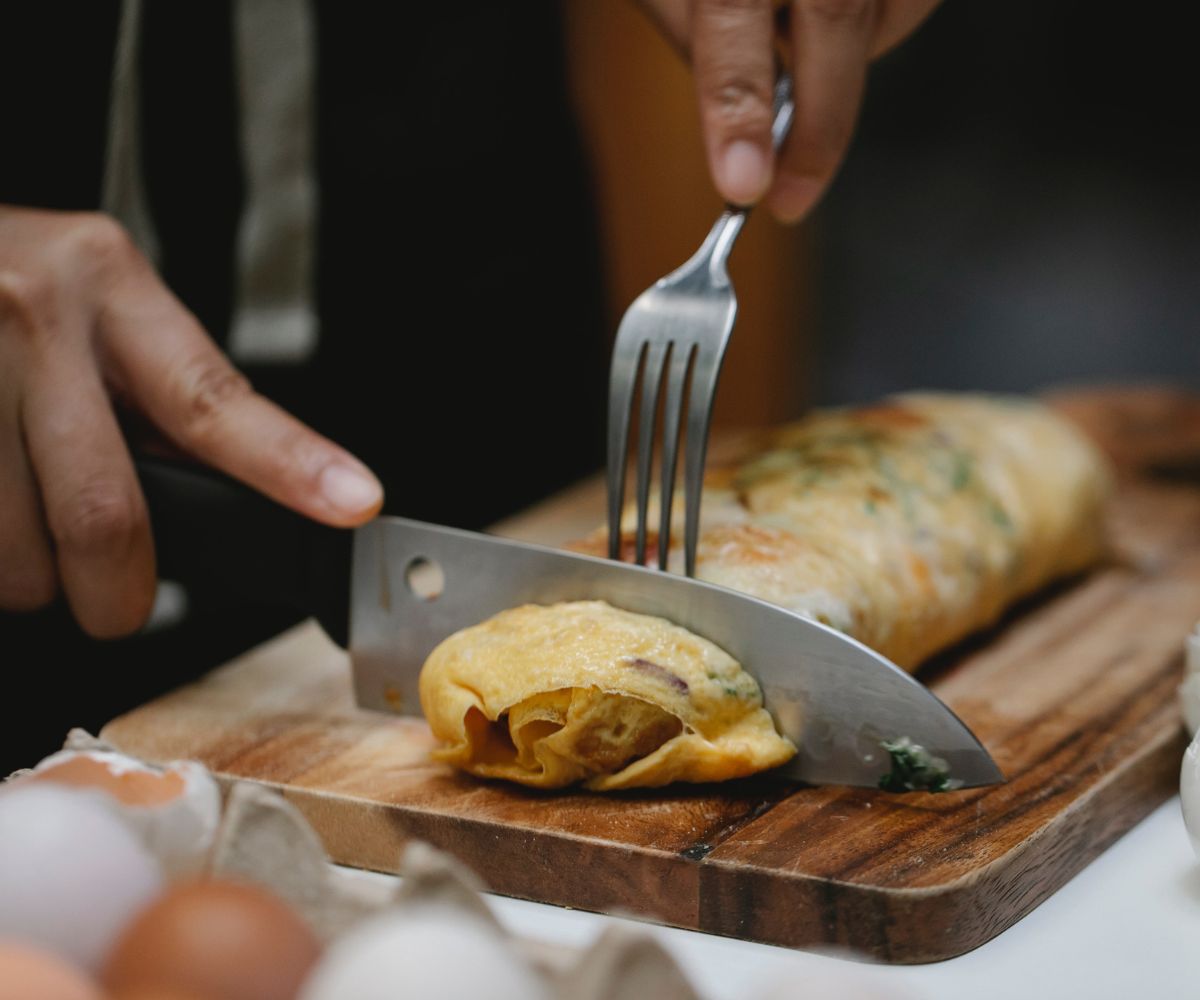 How Can Vegetarians Get 100G of Protein a Day?
How Can Vegetarians Get 100G of Protein a Day?
As a vegetarian, it can be challenging to get enough protein in your diet. The recommended dietary allowance for protein is 0.36 grams per pound or about 56 grams per day for a sedentary adult. However, many vegetarians consume far less than this amount.
There are a few ways to make sure you’re getting enough protein as a vegetarian. First, choose high-protein foods like beans, lentils, tofu, nuts, and seeds. These foods are not only rich in protein but also offer other important nutrients like fiber and iron.
Another way to increase your protein intake is by eating more soy-based products like tempeh and edamame. Soy is a complete protein, meaning it contains all the essential amino acids your body needs. You can also find soy-based meat substitutes that can be used in place of animal proteins in recipes.
If you’re struggling to meet your protein needs on a vegetarian diet, consider supplementing with a plant-based protein powder. These powders are usually made from rice, pea, or hemp protein and can be added to smoothies or shakes for an extra boost of nutrition.
How Can Vegetarians Get 140G Protein a Day?
There are a variety of ways that vegetarians can get 140g of protein a day. Here are some options:
1. Eat high-protein foods: tofu, tempeh, seitan, lentils, beans, quinoa, nuts, and seeds are all great sources of vegetarian protein. Aim to include at least one or two of these foods at each meal.
2. Supplement with protein powders: whey protein powder is a good option for vegetarians who work out regularly, as it provides a quick and easy way to boost your intake. Other plant-based protein powders such as rice or hemp powder can also be used – just add them to smoothies or shakes throughout the day.
3. Add protein-rich toppings: cheese, yogurt, and nut butter are all great ways to up the protein content of meals without adding meat. Throw them on top of salads, grain bowls, or even just plain old toast!
4. Make sure you’re getting enough calories: in order to hit your daily protein target, you need to make sure you’re eating enough calories overall.
If you’re not sure how many calories you need, there are plenty of online calculators that can help (just search “calorie calculator”).
High Protein Low-Carb Vegetarian Diet Plan
A high protein, low carbohydrate vegetarian diet can be a great way to lose weight and improve your overall health. This type of diet typically includes foods such as beans, nuts, seeds, and tofu. While there are many benefits to following this type of diet, it’s important to make sure that you’re getting all the nutrients your body needs.
Here’s a look at a typical day on a high-protein, low-carb vegetarian diet plan:
Breakfast: A bowl of oatmeal with fruit and nuts or a tofu scramble with vegetables. Lunch: A salad with beans and tofu or roasted vegetables.
Dinner: Vegetable soup or stir-fry with tofu and veggies. Snacks: Nuts, seeds, fruits, or veggie sticks with hummus.
High Protein Low Carb Vegetarian Foods for Weight Loss
If you’re a vegetarian who’s looking to lose weight, you might be wondering what high-protein, low-carb foods you can eat. Here are some great options that will help you reach your goals.
1. Lentils: These little legumes are packed with protein and fiber, both of which are essential for weight loss. One cup of cooked lentils contains 18 grams of protein and 16 grams of fiber.
2. Quinoa: This grain is another excellent source of protein, with 8 grams in one cooked cup. It’s also high in fiber and nutrients like magnesium, making it a nutrient-rich choice for vegetarians trying to lose weight.
3. Tofu: Tofu is a versatile protein source that can be used in a variety of dishes. It’s especially good in stir-fries or as a replacement for meat in recipes. One cup of tofu contains 10 grams of protein and 5 grams of fat.
4. Tempeh: This fermented soy product has more protein than tofu, with 15 grams in one cup. It’s also a good source of fiber and iron. Tempeh can be grilled, diced into salads, or used as an ingredient in other recipes.
High Protein Vegetarian Diet for Bodybuilding
If you’re a vegetarian bodybuilder, it’s important to make sure you’re getting enough protein in your diet. After all, protein is essential for building muscle. Luckily, there are plenty of high-protein vegetarian foods that can help you meet your goals.
Tofu, tempeh, and edamame are all great sources of vegetarian protein. Beans and lentils are also good choices. And don’t forget about quinoa – it’s a complete protein, meaning it contains all the essential amino acids your body needs to build muscle.
To get the most out of your high-protein vegetarian diet, be sure to eat a variety of different proteins throughout the day. That way, you’ll get all the essential amino acids your body needs to build muscle mass.
High Protein Low Carb Vegan Breakfast
If you’re a vegan who’s looking for a high protein, low carb breakfast option, look no further! This delicious and nutritious breakfast will give you the energy you need to power through your day. Ingredients:
1 cup cooked cannellini beans 1/2 cup rolled oats 1/2 cup unsweetened almond milk 1 scoop vanilla protein powder (I used Sunwarrior Warrior Blend)
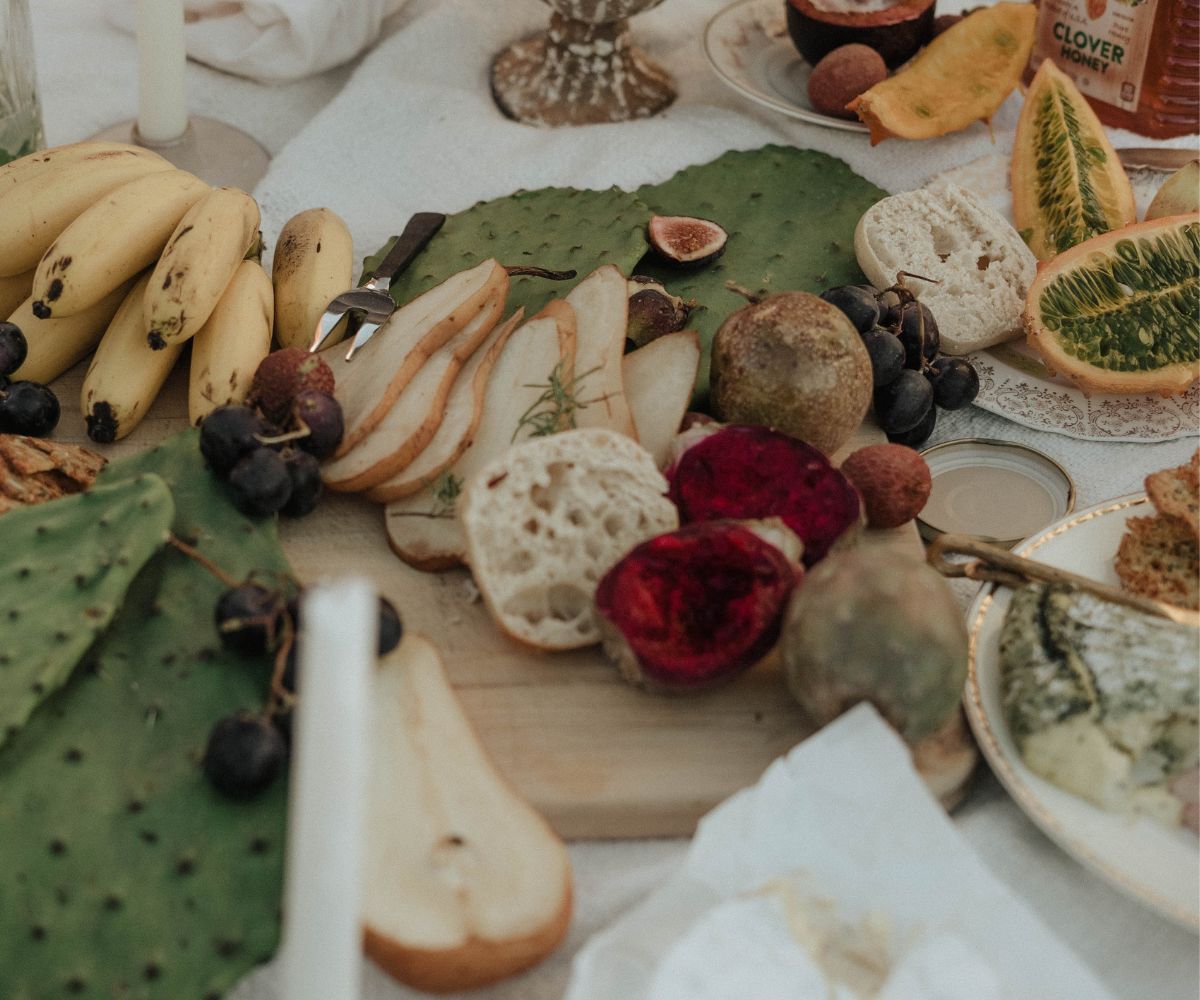 Low-Carb Vegetarian Diet Food List
Low-Carb Vegetarian Diet Food List
If you’re a vegetarian, you may be concerned about getting enough protein and sticking to a low-carb diet. But there is plenty of high-protein, low-carb foods that are also vegetarian. Here’s a list of some of the best options.
Eggs: One large egg has about 6 grams of protein and 0 grams of carbs. Eggs are also packed with nutrients like choline, selenium, and vitamin D. Tofu: Tofu is made from soybeans and it’s an excellent source of plant-based protein.
It contains all the essential amino acids your body needs. A half cup of tofu has 10 grams of protein and 2 grams of carbs. Tempeh: Tempeh is another soy-based food that’s high in protein.
It’s fermented, which makes it easier to digest than tofu. A half cup has 15 grams of protein and 3 grams of carbs. Beans and legumes: Beans and legumes are a great source of fiber and plant-based protein.
A half cup of cooked beans has 7 grams of protein and 20 grams of carbs. Lentils have even more protein, with 9 grams in a half-cup cooked serving. But they’re also higher in carbs, with 32 grams per half cup.
Choose beans and legumes that are lower in carbs if you’re trying to limit your intake.
High Protein Low Carb Vegetarian Foods India
A vegetarian diet can be a healthy option, even if you are trying to lose weight or build muscle. There are a variety of high protein, low carb vegetarian foods available in India that can help you reach your goals. Some of the best high protein, low carb vegetarian foods include:
1. Paneer: Paneer is a type of Indian cheese that is relatively low in fat and calories, but high in protein. It makes an excellent addition to any meal and can be used in a variety of recipes.
2. Lentils: Lentils are a staple in Indian cuisine, and are also very high in protein and fiber. They can be cooked in a variety of ways, and make an excellent base for many dishes.
3. Chickpeas: Chickpeas are another versatile ingredient that can be used in a variety of dishes. They’re packed with protein and fiber, making them an ideal choice for those looking for a filling meal without all the calories.
4. Eggs: Eggs are one of the most complete sources of protein available, and they’re also relatively low in calories. Whether you eat them scrambled, boiled, or as an omelet, eggs make a great addition to any meal plan.
5. Greek Yogurt: Greek yogurt is an excellent source of both protein and calcium – two nutrients that are essential for bone health.
Vegetarian Bodybuilding Diet Plan
Are you a vegetarian bodybuilder? If so, then you know how important it is to have a well-planned diet that will help you build muscle and stay healthy. There are many different ways to approach a vegetarian bodybuilding diet, but one of the most effective is to follow a vegan bodybuilding diet plan.
This type of diet plan focuses on whole foods that are low in fat and high in protein, making them ideal for building muscle. A vegan bodybuilding diet plan will typically include plenty of fruits and vegetables, as well as legumes, nuts, and seeds. These foods are all packed with nutrients that are essential for muscle growth and recovery.
Additionally, they’re relatively low in calories, which can help you stay leaner as you bulk up. Of course, no two vegetarians are exactly alike, so it’s important to tailor your diet plan to your own individual needs. However, following a vegan bodybuilding diet plan is a great way to ensure that you’re getting everything you need to build strong muscles without sacrificing your health.
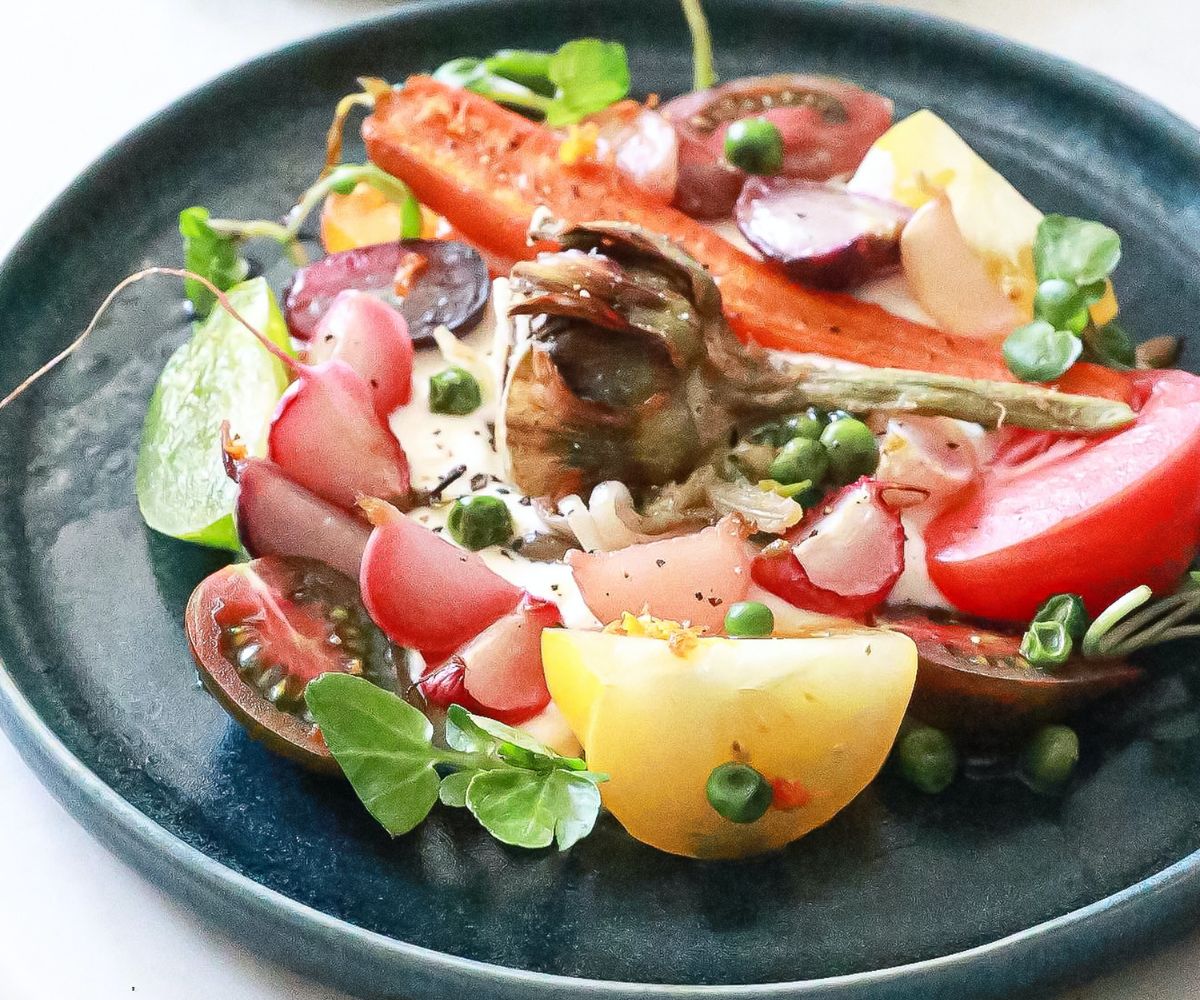 High Protein, Low-Carb Foods
High Protein, Low-Carb Foods
If you’re looking to up your protein intake without adding a lot of carbs to your diet, there are plenty of options available. Here are some high-protein, low-carb foods that can help you reach your goals:
Eggs: A classic protein-rich food, eggs can be cooked in a variety of ways and make a great addition to any meal. One large egg has about 6 grams of protein and only 1 gram of carbohydrate.
Chicken: Chicken is another excellent source of lean protein. A 3-ounce serving of cooked chicken breast contains about 27 grams of protein and 3 grams of carbs.
Fish: Fish is a nutritious option that’s packed with protein and omega-3 fatty acids. Salmon, tuna, and halibut are all good choices. A 3-ounce serving of cooked salmon has about 21 grams of protein and only 2 grams of carbs.
Nuts and seeds: Nuts and seeds are a great way to get an extra boost of protein in your diet. They’re also a good source of healthy fats, vitamins, minerals, and fiber. Just be sure to watch your portion size, as they can be high in calories.
A quarter cup (about 28 grams)of sunflower seeds has 6 grams of protein and 5 grams of carbs.
Conclusion
If you’re a vegetarian bodybuilder, you know that getting enough protein can be a challenge. meat and poultry are obvious sources of protein, but they’re not the only ones. There is plenty of high-protein, low-carbohydrate vegetarian foods that can help you meet your goals.
Beans and legumes are great sources of vegetarian protein. A cup of cooked lentils has 18 grams of protein and just 37 grams of carbohydrates. Black beans, kidney beans, and chickpeas are also good choices.
If you’re looking for a high-protein snack, try roasted soybeans or edamame. Nuts and seeds are other good sources of vegetarian protein. A quarter-cup of sunflower seeds has 7 grams of protein and 3 grams of carbs.
Almonds, pistachios, and pumpkin seeds are also good options. For a high-protein spread or dip, try almond butter or tahini (sesame paste). There are also several types of high-protein grains available for vegetarians.
Quinoa is a complete protein, meaning it contains all the essential amino acids your body needs to build muscle tissue. Other high-protein grains include amaranth and buckwheat groats.

